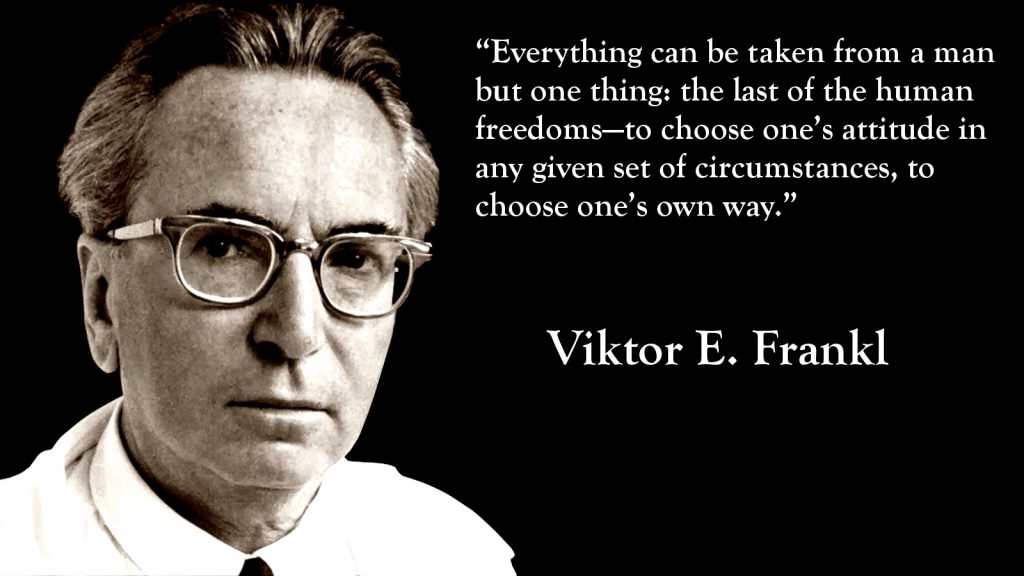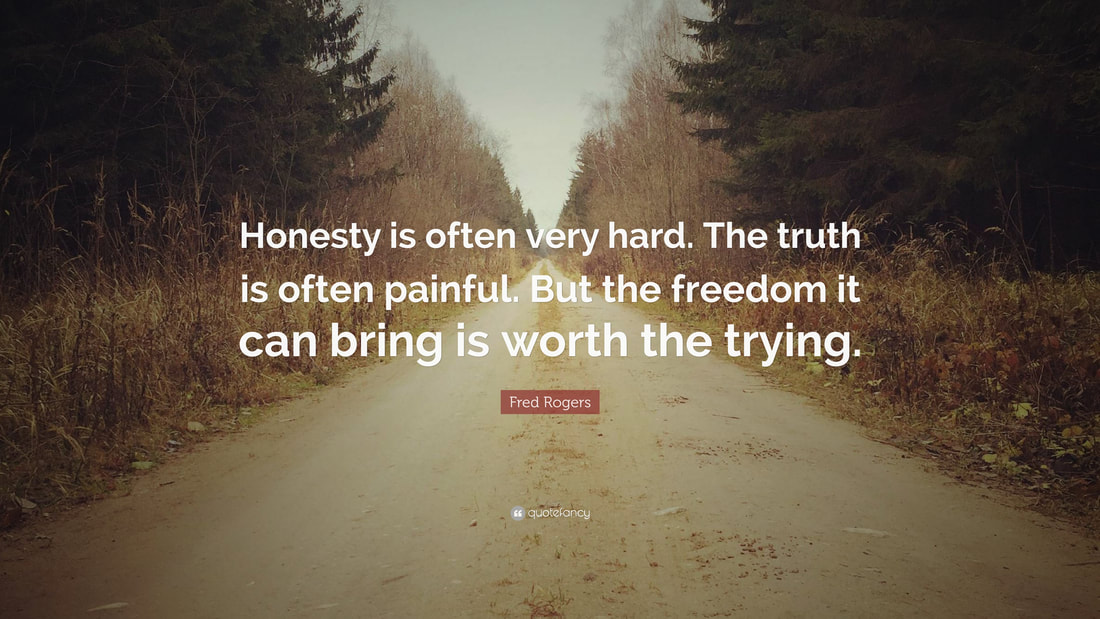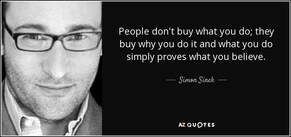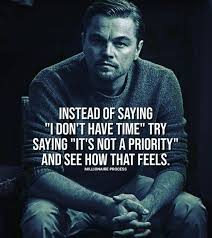Urgently Patient
0 Comments
Bad News: You're Going to Suffer
The Selfless Truth
What Do You Believe?
Reason or Excuse - Does It Matter?
|
About bcI'm a teacher, coach, and parent seeking excellence while defining success on my own terms. Archives
April 2024
Categories |






 RSS Feed
RSS Feed